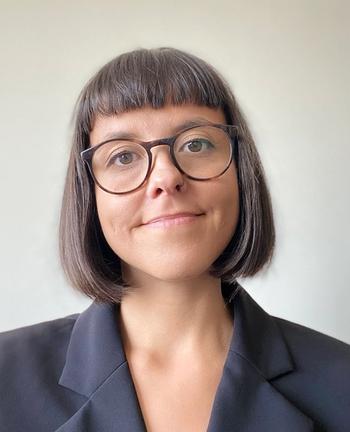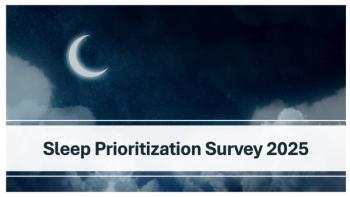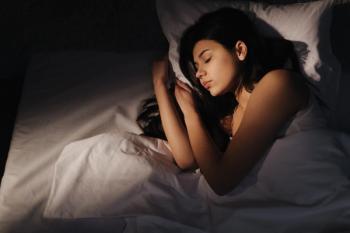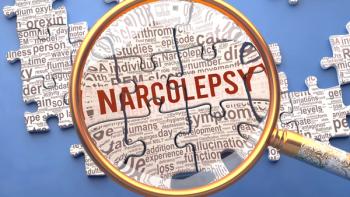
Gay and Bisexual Adolescents Are Twice as Likely to Report Sleep Problems, Putting Them at Risk for Other Ailments
Children aged 10 to 14 who identify as sexual minorities (or weren’t sure about their sexual orientation) have more trouble sleeping. Depression and family issues such as conflict with their parents explained part of that difference, according to a new study.
Scientific studies have consistently found that sexual minorities have poorer physical and mental health for a variety of reasons, both individual and, as is becoming clearer study by study, societal. Many medical and behavioral issues also interact with each other to create a multiplier effect.
Given that lack of sleep and related problems have been shown to be harmful to health, especially for adolescents, an international group of researchers set out to determine whether sexual orientation was associated with increased sleep problems in young adolescents. They found that it was -- a lot.
But the lives of young people who identify as gay, lesbian and bisexual — and of those who still figuring out their sexual attractions — are especially complicated. Symptoms of depression and stress are more common than among heterosexual children, and family conflict is also more likely. So first author Jason M. Nagata, M.D., professor of pediatrics at the University of California, San Francisco, and his team looked at those and other potentially mediating factors.
The study included 8,563 adolescent participants in the Adolescent Brain Cognitive Development (ABCD) Study, which recruited volunteers from 21 sites. The group was 49% female and 51% male, and 52% white, 20% Hispanic, 17% Black and 6% Asian. More than 80% of the parents had completed college or had further education, and just over half (52%) of the households had incomes of at least $75,000.
The adolescents were ages 10 to 14; the average age was12. Asked to respond yes or no if they were “gay or bisexual” (neither transgender nor gender identity were options), 4.4% said yes, 3.8% said maybe and 3.1% said they didn’t understand the question.
Of the entire sample, 15% reported trouble falling or staying asleep in the previous two weeks. Parents or caregivers were given a separate questionnaire, and 28% of them reported overall sleep disturbance among their children.
Nearly 54% of the full group said they had problems with depression and 53% with stress, 5% said that their parents were less rather than more likely to monitor them actively and 2% reported more rather than less conflict in the family.
The
The responses from parents showed the ARR for their gay or bisexual children having disturbed sleep was 1.5. The ARRs were nearly as high (1.95 for the adolescent responses, 1.29 for the parents’) among children who responded “maybe” to the question of whether they were gay or bisexual.
A separate analysis of potential mediators found that depressive problems reduced the effect of minority sexual orientation on falling or staying asleep by nearly 13% but that factoring in stress made no difference at all. Higher family conflict reported by adolescents reduced the gay or bisexual effect by 11%, and lower parental monitoring by 4%.
Interestingly, those same mediating factors had a very different impact in the eyes of parents. The analysis or their responses showed that depressive problems reduced by 50% the effect of identifying as gay or bisexual on overall sleep disturbance. Their adolescents’ stress problems reduced it by 24%, in the caregivers’ view, and higher family conflict was associated with a 6% reduction. The degree of parental monitoring made no difference, according to the parents.
Based on the study’s finding that depressive problems, higher family conflict and, according to the adolescents, less parental monitoring “mediated the association between sexual minority status and trouble falling or staying asleep,” the authors wrote, “interventions designed to target specific facets of adolescent life such as mental health or family support may help reduce sleep problems among sexual minority youth as well as the associated health risks.”
Newsletter
Get the latest industry news, event updates, and more from Managed healthcare Executive.























